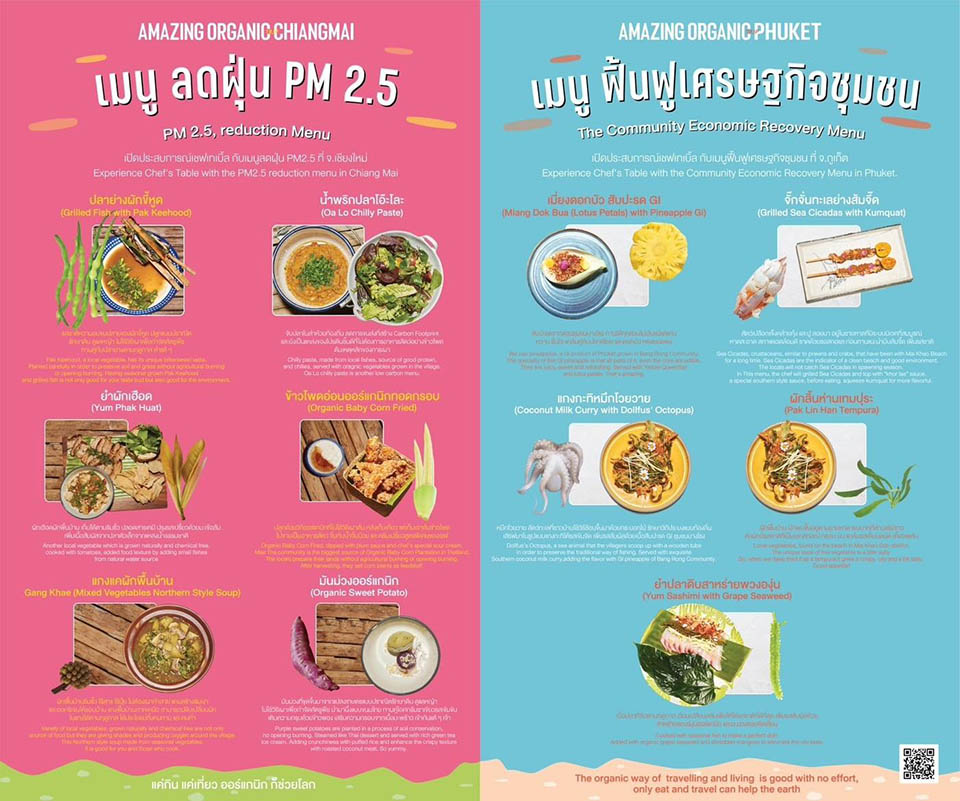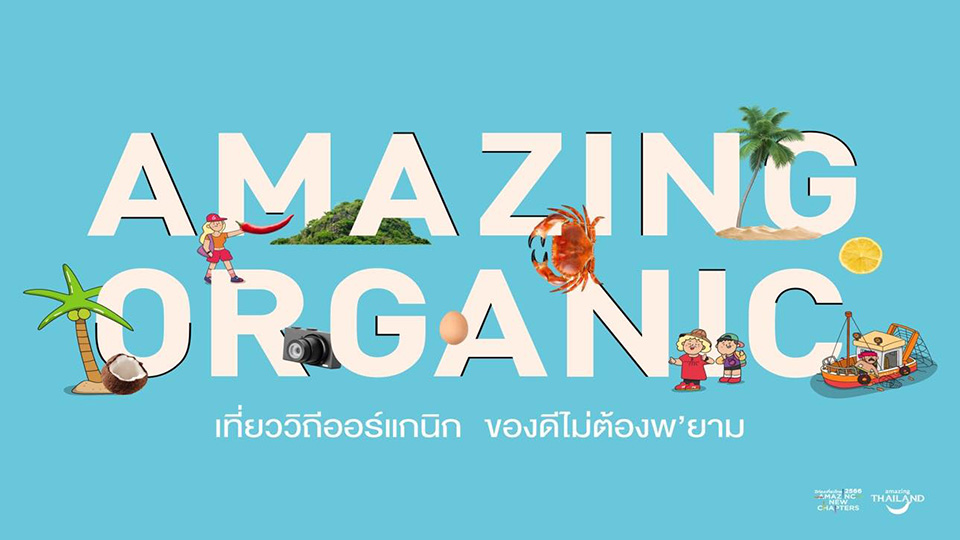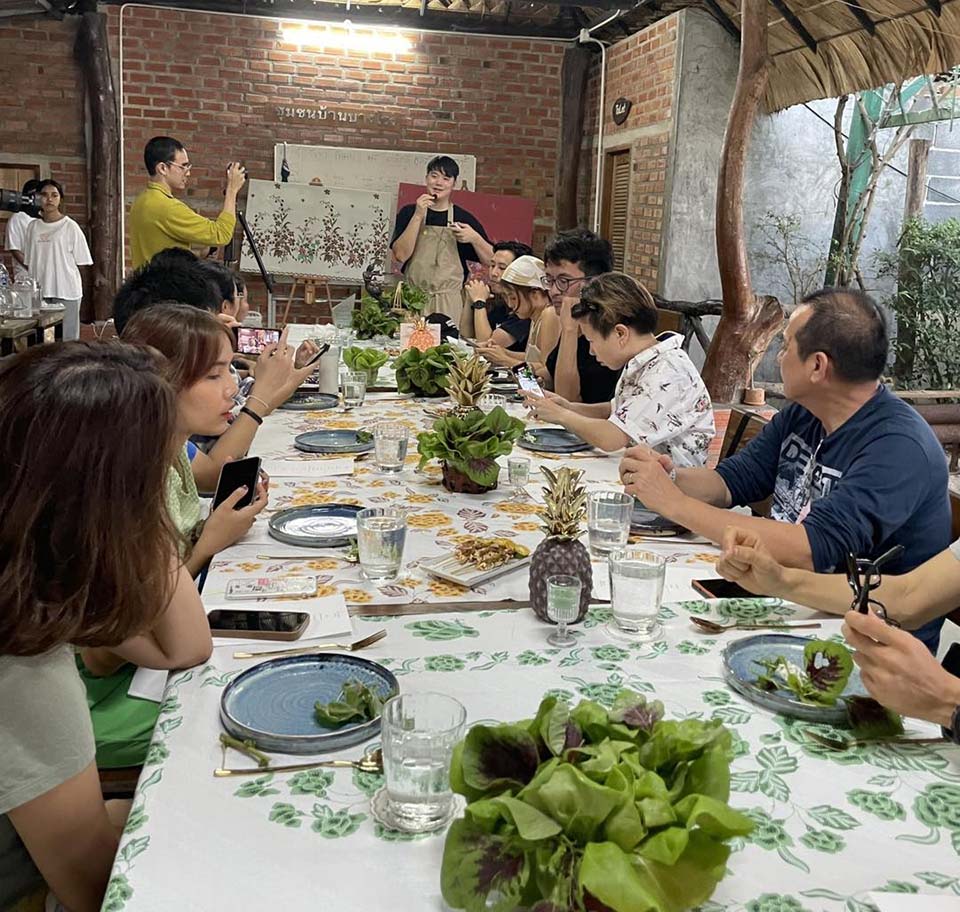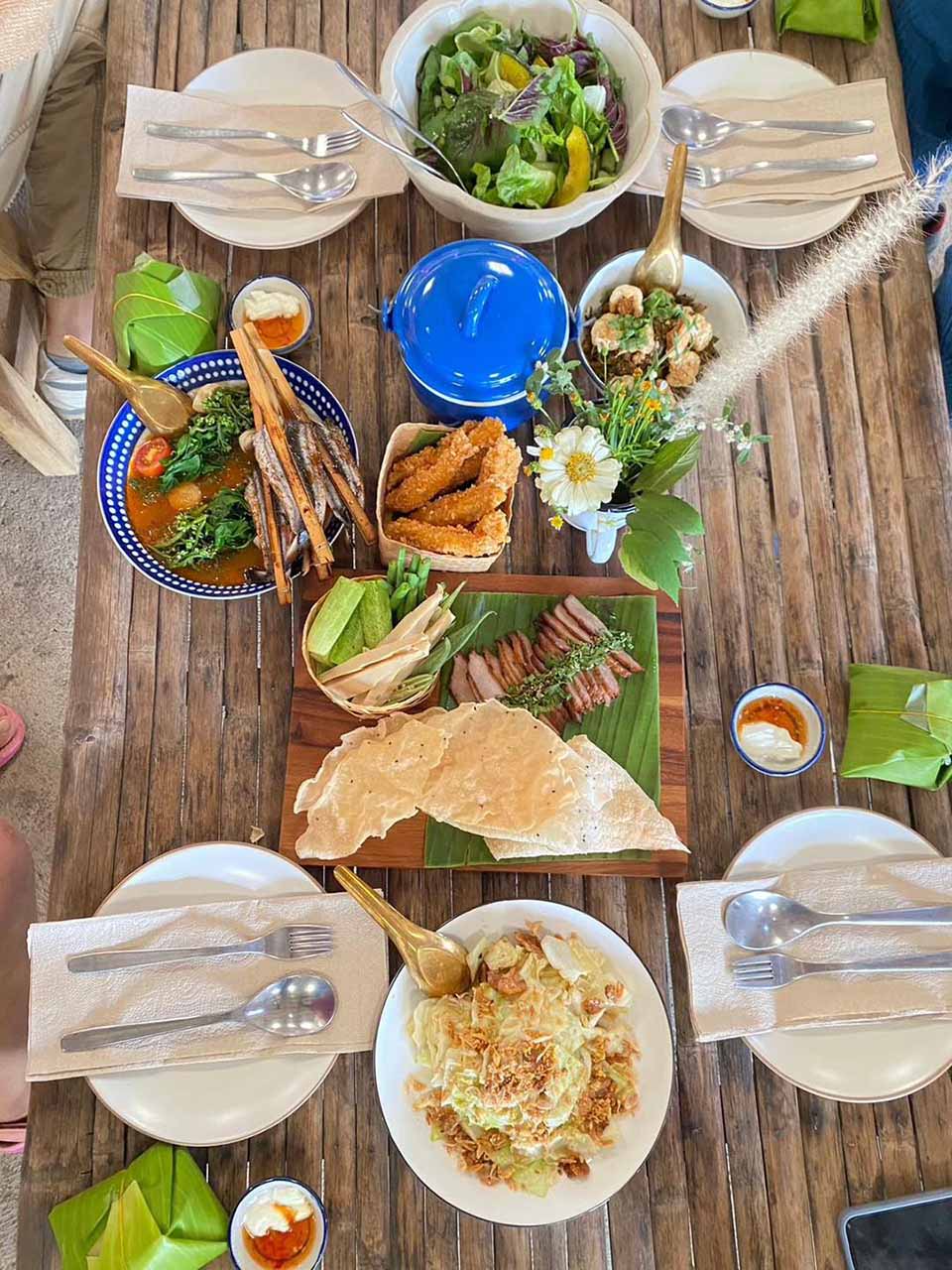
The Tourism Authority of Thailand (TAT) is promoting a series of ‘Amazing Organic Trip’ ideas with emphasis on organic farming activities and healthy gourmet experiences as well as low-carbon footprint initiatives, in line with its ongoing direction to promote and develop high-value and sustainable tourism in Thailand.
Mr. Yuthasak Supasorn, TAT Governor, said “The Amazing Organic Trip project forms part of our plan to integrate sustainable tourism and underline the importance of travel responsibly in the traveller’s journey through community-based tourism. It also reflects our strategy to promote organic tourism and strengthen linkages between agriculture and tourism which are two of Thailand’s bedrock economic pillars.”
Initially launched in Chiang Mai and Phuket, the ‘Amazing Organic Trip’ routes are tailormade under a partnership between the TAT and partners – the Thai Ecotourism and Adventure Travel Association (TEATA), Thai Organic Consumer Association (TOCA), SiamRise Travel, FIND FOLK, and Golfdigg, as well as the local tourism communities.
In Chiang Mai, the Amazing Organic Trip highlights the Mae Tha Community in Mae On District, a model organic farming community since the last three generations. Tourists can learn how the locals adhere to organic agriculture practices to project the environment, the community forest, and its water resources, as well as the significant role it plays in supplying organic produce to shops and restaurants in the city.

The trip also features cooking classes of healthy dishes using locally sourced ingredients, and gourmet ‘Chef’s Table with the PM2.5 Reduction Menu’ which includes grilled fish with local vegetables, fish-based chilli paste, spicy local vegetables salad, deep fried organic baby corn, mixed vegetables soup, and organic sweet potatoes – all using local produce.
In Phuket, the Amazing Organic trip centres around Ban Bang Rong community, Mai Khao Community and Phuket’s Old Town. Tourists can learn about organic agriculture of pineapple, rubber, and coconut, experience a ‘sand spa’ therapy, explore the conservation of the local ‘Linharn’ herb, and try a hand at catching ‘sand crabs or sea cicadas’ – an indication of the area’s undisturbed ecosystem.
A carbon-neutral walking tour at Phuket’s Old Town combines the unique Sino-European architecture and culture with cooking lessons and local gourmet experiences. Specially created is ‘The Community Economic Recovery Menu’ that features lotus petals salas with Phuket’s GI-certified pineapple, grilled sea cicadas with kumquat, coconut milk curry with Dollfus’ octopus, deep fried ‘Linharn’ herb, and sashimi with spicy grape seaweed salad – all using locally sourced ingredients.
“Through organic trips in Chiang Mai and Phuket, tourists can play a part in helping reduce personal carbon footprint. For example, a walking tour of Phuket’s Old Town is considered a carbon-neutral tourism activity. And, by opting to enjoy food that is based on organic products and uses no chemicals in the production process or organic farming, or food that uses locally produced ingredients, tourists can help reduce greenhouse gasses from the transportation and importation of ingredients,” Mr. Yuthasak concluded.








